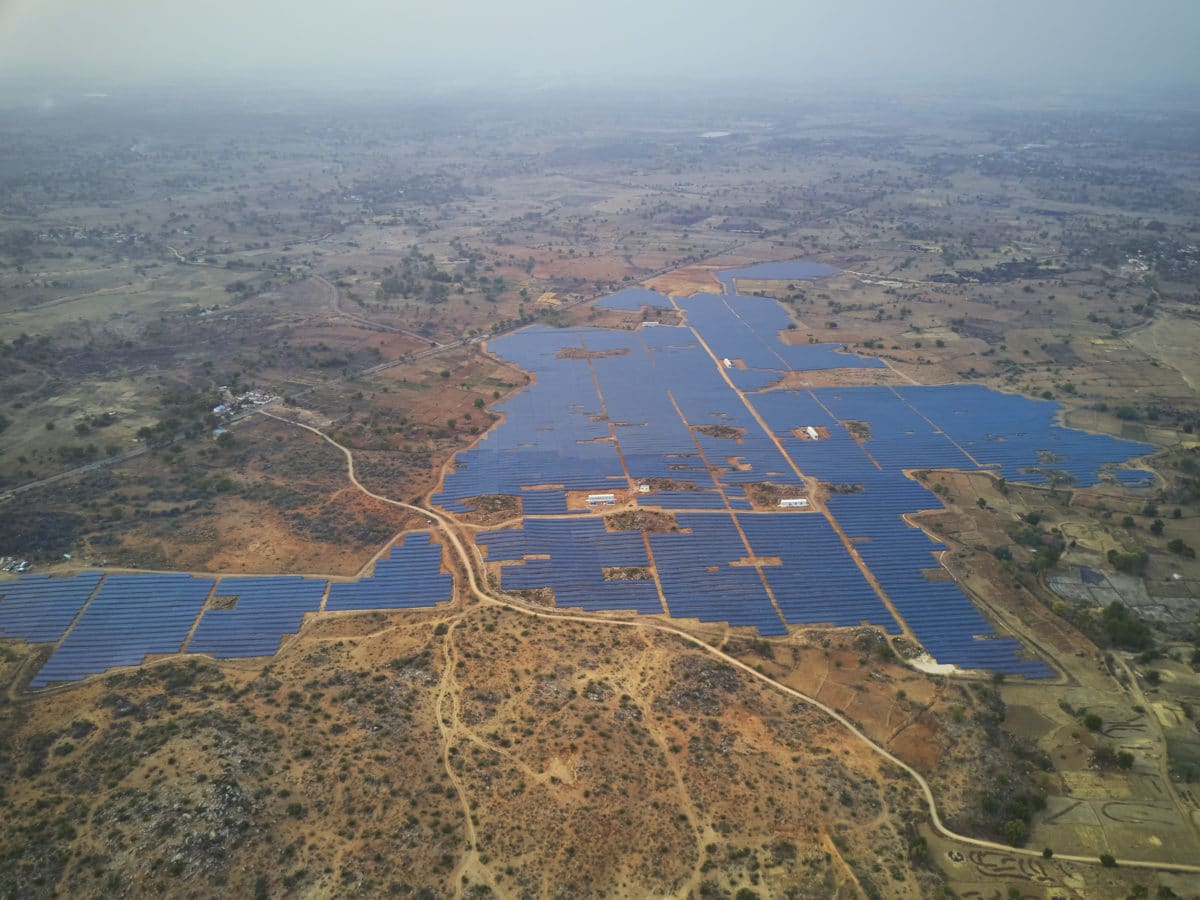From pv magazine India
Solar developers in India face cost pressures due to rising cell and module prices, even as supply chain issues begin to ease, according to a new report by ICRA.
Prices of mono-PERC modules have increased by more than 40% to $0.27 to $0.28 per watt over the last 18 months. This has mainly been driven by disruptions to operations across the Chinese solar value chain and the spike in the cost of polysilicon, which is a key input for module producers.
In addition, the increase in solar PV cell and module prices, along with the imposition of basic customs duty (BCD) on imported cells and modules, is leading to cost pressure for solar power projects awarded over the last 12 to 18 months.
While the bid tariffs have increased from the lows of INR 1.99/kWh in December 2020 to INR 2.2/kWh to 2.5/kWh, the extent of the increase in bid tariffs remained lower than what ICRA estimates is necessary to mitigate the increase in module prices,” said Girishkumar Kadam, senior vice president of ICRA. “The risk of moderation in returns is significant for projects aggregating to 4.4 GW awarded over the past 18 months, wherein the tariffs are below INR 2.2/kWh.”
Modules for projects awarded after April 2021 must be sourced from domestic manufacturers under the Approved List of Models and Manufacturers (ALMM). As most domestic manufacturers do not have backward integration beyond cells, their dependence on wafer and cell imports will likely continue over the medium term.
As a result, international pricing trends for polysilicon and wafers/cells could remain a key thing for solar power developers in India to monitor. Given procurement of modules from domestic manufacturers as required under ALMM notification and use of imported cells by such manufacturers, an increase of $0.01 in cell prices would require a 5 paise to 6 paise increase per kilowatt-hour in bid tariffs to maintain the same level of returns, said ICRA.
Given the fixed and single-part tariff under the power purchase agreements for solar power projects, the uptrend in interest rates also remains a challenge for developers. It will put additional upward pressure on bid tariffs. Vikram V, vice president and sector head-corporate ratings at ICRA, estimates that an increase of 150 basis points in the interest rate could lead to up to a 20-paise increase in the bid tariff, assuming that other factors remain the same.
Despite the cost headwinds, he said, solar tariffs will remain highly competitive for the state distribution utilities, compared to the marginal cost of procurement from thermal stations, which are at the bottom 25% of the merit order dispatch of electricity. The variable cost of procurement from these coal-based power plants is more than INR 3.0/kWh across key Indian states.
This content is protected by copyright and may not be reused. If you want to cooperate with us and would like to reuse some of our content, please contact: editors@pv-magazine.com.




6 comments
By submitting this form you agree to pv magazine using your data for the purposes of publishing your comment.
Your personal data will only be disclosed or otherwise transmitted to third parties for the purposes of spam filtering or if this is necessary for technical maintenance of the website. Any other transfer to third parties will not take place unless this is justified on the basis of applicable data protection regulations or if pv magazine is legally obliged to do so.
You may revoke this consent at any time with effect for the future, in which case your personal data will be deleted immediately. Otherwise, your data will be deleted if pv magazine has processed your request or the purpose of data storage is fulfilled.
Further information on data privacy can be found in our Data Protection Policy.